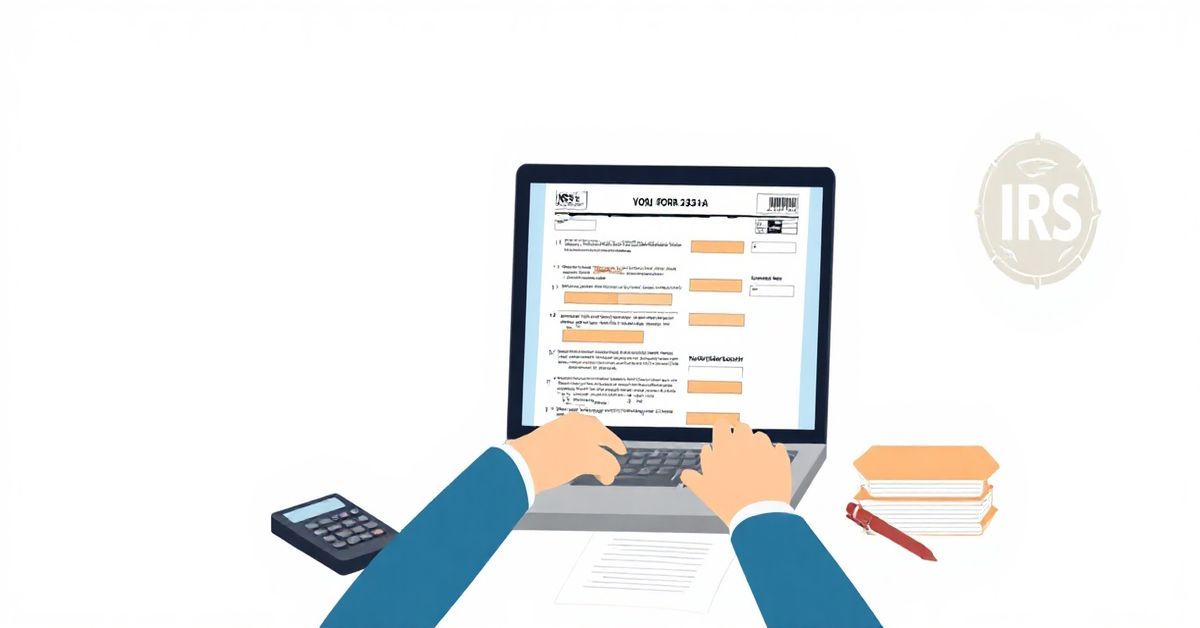Form 433-A – Collection Information Statement for Wage Earners and Self-Employed Individuals
What is IRS Form 433-A and Why Does It Matter?
Form 433-A, the Collection Information Statement for Wage Earners and Self-Employed Individuals, is an IRS document where you provide details about your income, expenses, assets, and debts. The IRS uses this information to assess your ability to pay your outstanding tax liability and decide on the best collection method. This is often the first step to setting up an installment plan or offer in compromise.

